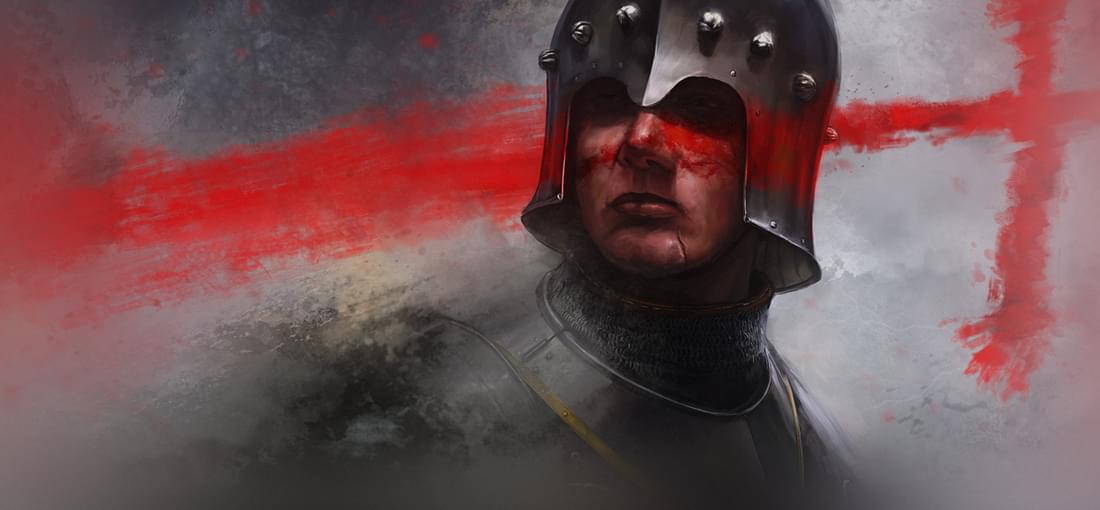


Well worth the cheap price, an rpg that is short and direct. The game is a bit buggy, and the dialogue appears a bit janky at times (seems like translation issues). In addition some of the games mechanics could be clearer, for example I had no clue about using the right mouse button to preview unit upgrades till the end of the first chapter, and with personal items I had to go delving through forums for an explanation. (The personal items do not stack with equipped items, they are simply what the character uses if you don't give them equipment) Performance wise the game crashed a few times but was otherwise fine. Despite this, the core gameplay is fun and feels quite tactical, and the games shorter length probably lends itself to preventing it from running out of steam, by the third act you get a little tired of being sent to the town as far as away as possible and back every single time, and units cap out on progression around this point too. The story is interesting, and so is the philosophy that underlies it. I think the developers have done a good job at interweaving the philosophical views expressed within the game with the game itself. While the moral choices often come off as quite simplistic and shallow, the larger story adheres to the game's statement that "It's not free to be good", the game shines best not on consideration of the morality of these smaller choices, for most of them they are extremely clear anyway. It is because these choices are so clear that authority (a resource that basically functions as a "moral choice" token, and is best thought of as a measure of the peoples opinion of you) management is so interwoven with the games philosophy. In any other game it would probably be restricting, in fact in this game it is restricting too, but with the philosophy in the game, one could argue this is even intentional. You know what choices are the good choices, but the game requires you to play by the rules and choose clear moral wrongs.